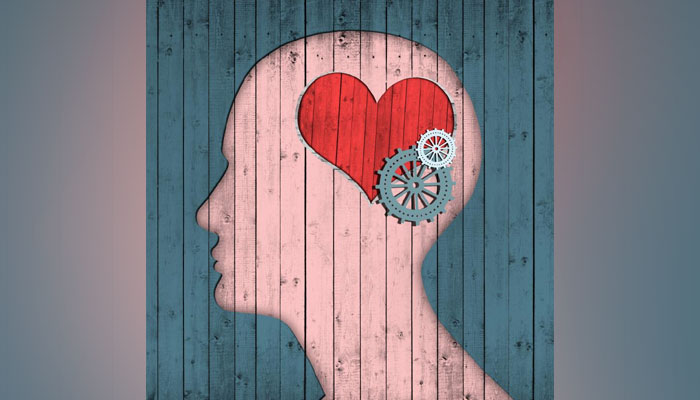‘Love hormone’ supplements are ineffective, study reveals
Researchers say oxytocin supplements don’t actually cure relationships
July 15, 2022

Researchers at the University of Essex and Cardiff University revealed that oxytocin, also known as the “love hormone”, had no effect on improving romantic relationships.
The study revealed that therapy is more effective in understanding emotions than a dose of oxytocin.
“Our study serves as an important reminder that oxytocin may not always be the most effective tool when trying to improve the social lives and mental health of others,” said Dr Katie Daughters in a university press release.
To conduct the study, researchers recruited 104 healthy men with an average of 19 as volunteers.
Some were given oxytocin, others a placebo and others participated in an emotional training programme. For the latter, they were rapidly shown faces that were morphed into different levels of emotion.
The training helped identify emotions in faces whereas oxytocin had no effect at all.
Dr Daughters said: “Our current understanding of how oxytocin sprays work suggests that, in their current form, it may not be a practical solution.”
“On the other hand, computer-based psychological interventions, like helping someone to recognise different emotional expressions and how to interpret their meaning in different scenarios, may not only provide longer-lasting beneficial impact but also cost less."











